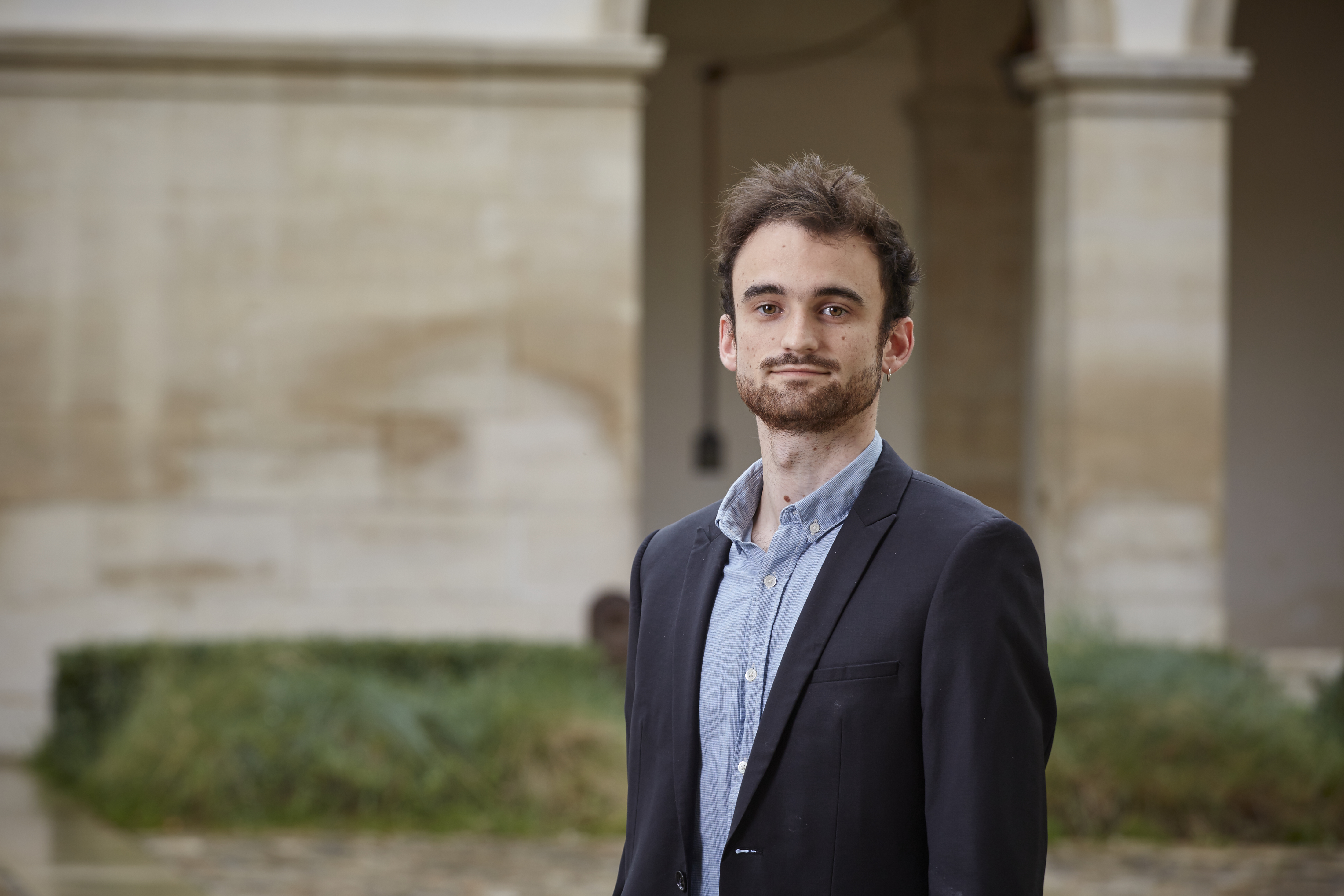About
I am a PhD candidate in the Department of Economics at Sciences Po, supervised by Eduardo Perez-Richet and Jeanne Hagenbach.
I am on the 2025–26 economics job market.
I am interested in understanding how users' behaviors and regulations shape the outcomes of the digital economy.
For that, I use microeconomic theory, behavioral, and experimental economics.
Current research interests:
- Human-AI Interactions
- Privacy
- Price Discrimination
Research
Job Market Paper
-
Price Discrimination with Endogenous Participation
Abstract: To what extent should platforms enable price discrimination by sellers when buyers can vote with their feet? I assume that buyers are endowed with an outside option and receive a signal about their value before they decide whether to enter the platform or not. For the platform, endogenous participation creates a trade-off between surplus extraction and participation. It also imposes a constraint: when participation increases with valuations, the segmentations that deliver the highest buyer surplus under full participation cannot be implemented. I characterize the feasible welfare frontier and derive the platform’s optimal segmentation under three alternative assumptions about buyer information. Overall, while endogenous participation can push platforms to give more surplus to buyers, it can also limit their ability to implement the most buyer-friendly segmentations.
Publications
-
Strategic Information Disclosure to Classification Algorithms: An Experiment Experimental Economics, 2025, 1-22
Abstract: We experimentally study how individuals strategically disclose multidimensional information to a Naive Bayes algorithm trained to guess their characteristics. Subjects' objective is to minimize the algorithm's accuracy in guessing a target characteristic. We vary what participants know about the algorithm's functioning and how obvious are the correlations between the target and other characteristics. Optimal disclosure strategies rely on subjects identifying whether the combination of their characteristics is common or not. Information about the algorithm functioning makes subjects identify correlations they otherwise do not see but also overthink. Overall, this information decreases the frequency of optimal disclosure strategies.
Work in Progress
Teaching
- 2023 : Math Camp - Real Analysis, with Dániel Gyetvai, Master in Economics, Sciences Po
- 2023 : Microeconomics I, Pr. Eduardo Perez-Richet, Master in Economics, Sciences Po
- 2022-2023 : Microeconomics: Information, Design and Institutions, Pr. Emeric Henry, Collège Universitaire, Sciences Po
- 2021-2022 : Microeconomics I, Pr. Sidartha Gordon, Master in Economics, Sciences Po
- 2021 : Microeconomics: Information, Design and Institutions, Pr. Jean-Marc Robin, Collège Universitaire, Sciences Po
